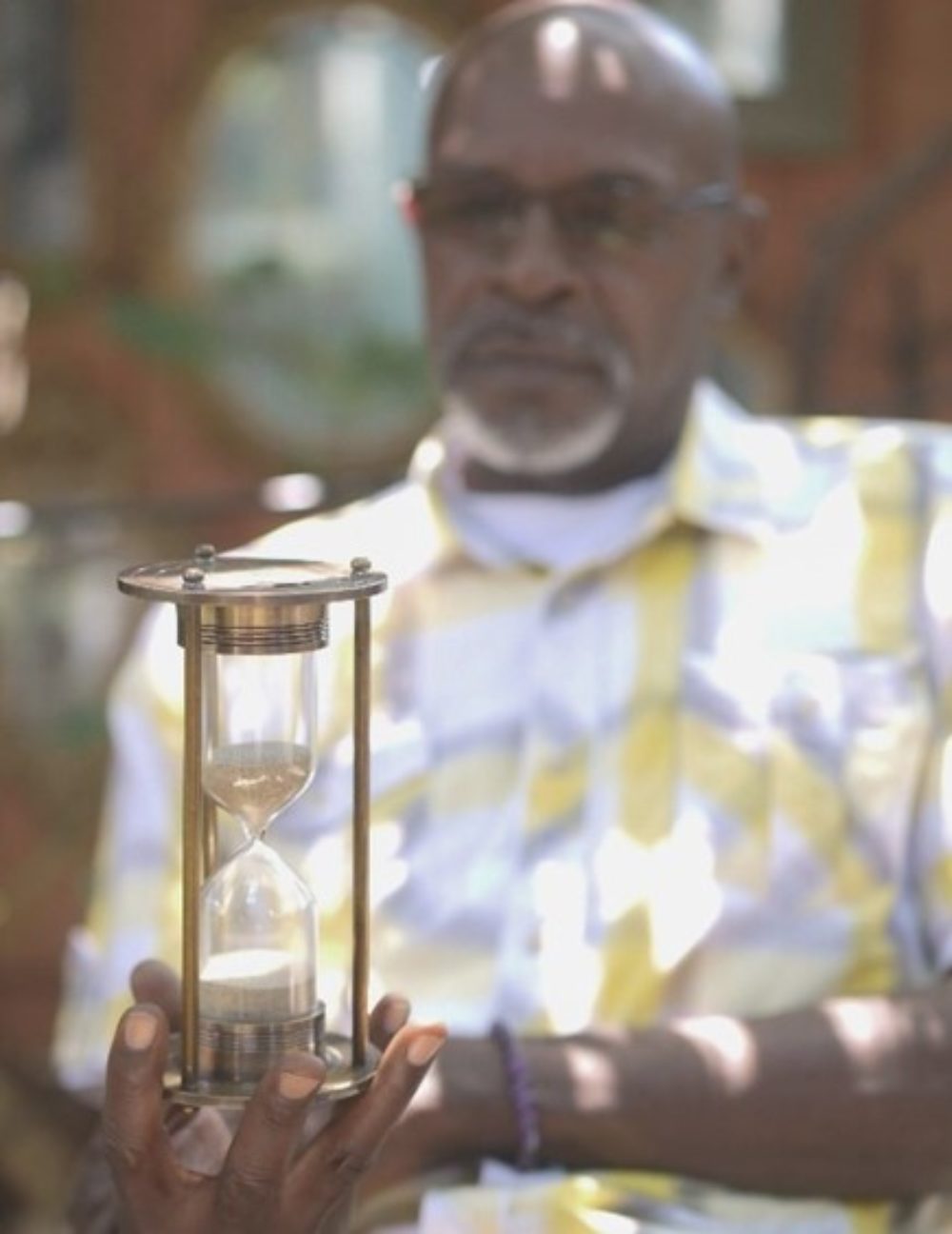This post has been contributed by Dr Jayne Hewitt, a senior lecturer in the School of Nursing and Midwifery and a member of the Law Futures Centre.
Voluntary Assisted Dying (VAD) is emerging as an end-of-life choice for eligible adults. The enactment of laws that permit a person to take steps to actively hasten their death also invites us to reflect on fundamental beliefs about the value of human life, individual autonomy, and the state’s role in protecting these important values (Magnusson, 2009).
In Australia, VAD laws authorise medical practitioners to assess whether a person is eligible for VAD, prescribe, and in some cases administer a VAD substance to intentionally end a person’s life. This means that VAD is inexorably embedded in healthcare. In Queensland, responsibility for implementing the law will reside with health services offering primary, secondary, tertiary, or residential care. The extent to which a person can use VAD will depend on their ability to access a medical practitioner willing to participate in the process and, in some instances, a health service that is prepared to offer, or support, VAD. While decisions about offering to support requests for VAD may depend on the availability of resources, capacity, and expertise, they are also influenced by underlying values and beliefs (Shadd & Shadd, 2019)
Charles Lawson, Brodie Verrall, Laurie Grealish, and I, recently explored the beliefs that underpinned the VAD debate in Queensland. We found that generally, health practitioners value individual autonomy, but this can be expressed both as support for patients who may wish to choose VAD and as a choice not to participate. Similarly, health services may elect to support VAD as an end-of-life care option or choose not to offer it because intentionally hastening death conflicts with foundational health service values such as the sanctity of human life. Consequently, even though it is now a legal end-of-life option, VAD remains a contested and divisive practice.
In Australia, Victoria is the state where VAD has been in operation the longest. Commencing in 2019, the Victorian Act is silent on the extent to which health services should participate in VAD. Instead, individual health services determine whether to participate based on the extent to which VAD aligns with the values of the service (Victorian State Government, 2022). Subsequently, the tension between the values of health services that oppose VAD, and the right of eligible adults to engage in a lawful process has manifested as a barrier to access. The Voluntary Assisted Dying Review Board which oversees the operation of Victoria’s Act recently reported that ‘some individuals and health services continue to actively discourage or even impede access to voluntary assisted dying’ (Safer Care Victoria, 2022, p.26). Waran and Williams (2020) describe a situation where, in compliance with organizational VAD clinical practice guidelines, an eligible person who had been supplied the VAD substance, needed to be transferred out of the palliative care unit to another site within the service to self-administer it.
The need to balance an individual’s ability to access VAD against a health service’s desire not to permit access within its facility was confronted by the Queensland Law Reform Commission in their review of VAD laws for Queensland. The Commission’s view was that confusion and uncertainty will prevail without regulation that establishes a process to ensure that a person’s access to VAD is not unreasonably denied where health service objections occur (Queensland Law Reform Commission, 2021). Consequently, the Queensland Act includes provisions that seek to accommodate these opposing interests (Voluntary Assisted Dying Act 2021 (Qld) ss 86-98). Hence, regardless of their intention to offer VAD services, the ‘participation provisions’ require all health services providing end-of-life care to put in place policies and procedures to ensure people can:
- access information about VAD;
- complete the process to request VAD;
- access medical practitioners authorised to assess their eligibility for VAD, and
- obtain assistance to administer a VAD substance if required.
Voluntary assisted dying will commence operation in Queensland in January 2023. The participation provisions in Queensland’s VAD Act are novel and therefore, untested. How they are implemented and operationalised will affect access to VAD, and potentially the death and dying experience of eligible adults who choose VAD. While it is anticipated that publicly funded health services will implement VAD, little attention has been directed toward the readiness of privately funded health services to offer or participate in VAD, and meet their legal obligations if they choose not to. Privately funded health services, do, however, make a substantial contribution to end-of-life care for Queenslanders (Australian Prudential Regulation Authority, 2022; Australian Institute of Health and Welfare, 2022). Therefore, together with Melissa Bloomer, Ann Bonner and Mike Wilson, I am currently researching the implementation of VAD with senior clinicians, managers, and policymakers of Queensland’s privately-funded health services. We aim to understand how these services are preparing for the commencement of VAD, the effect of the participation provisions, and how they expect VAD to work in practice. The outcomes of this research will offer important insights into the operation of Queensland’s VAD laws, inform the development of strategies to address barriers to access, and generate evidence for future law reform.




Recent Comments